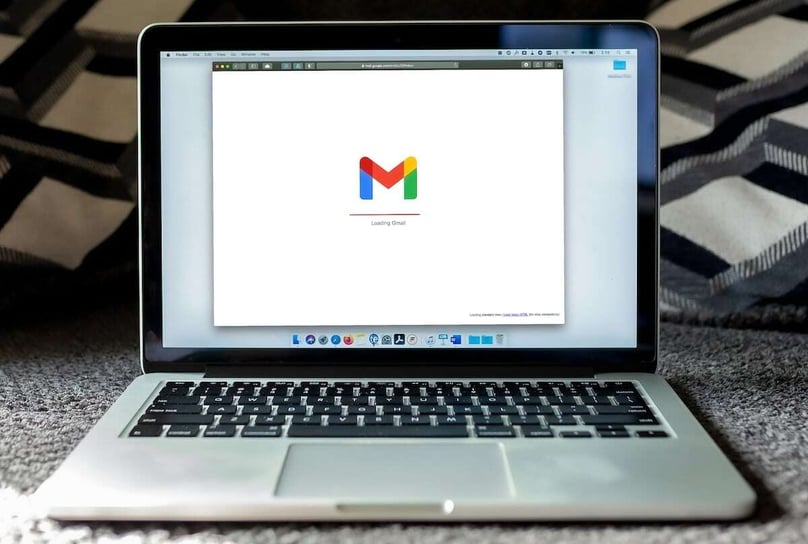
Artificial intelligence everywhere, even where you least expect it
Read more
.png?width=720&name=BG%201%20-%20Dark%20(7).png)
How to choose your first corporate AI project.
Read more

Why Quebec companies need a ROI-driven AI strategy
Read more

Rethinking e-commerce in the age of intelligent systems
Read more

The major 2026 trends in digital marketing & AI
Read more

Black Friday & Cyber Monday, how to maximize your sales through strategic preparation
Read more

How AI is transforming the e-commerce experience and why brands that adapt to it are already winning
Read more
.png?width=1379&name=Aspect%20(1).png)
Special report. GEO redefining its digital visibility with AI.
Read more
.png?width=309&name=Untitled%20(504%20x%20309%20px).png)
How AI Can Transform Your Business
Read more

Email deliverability to Gmail and Yahoo users: a warning
Read more